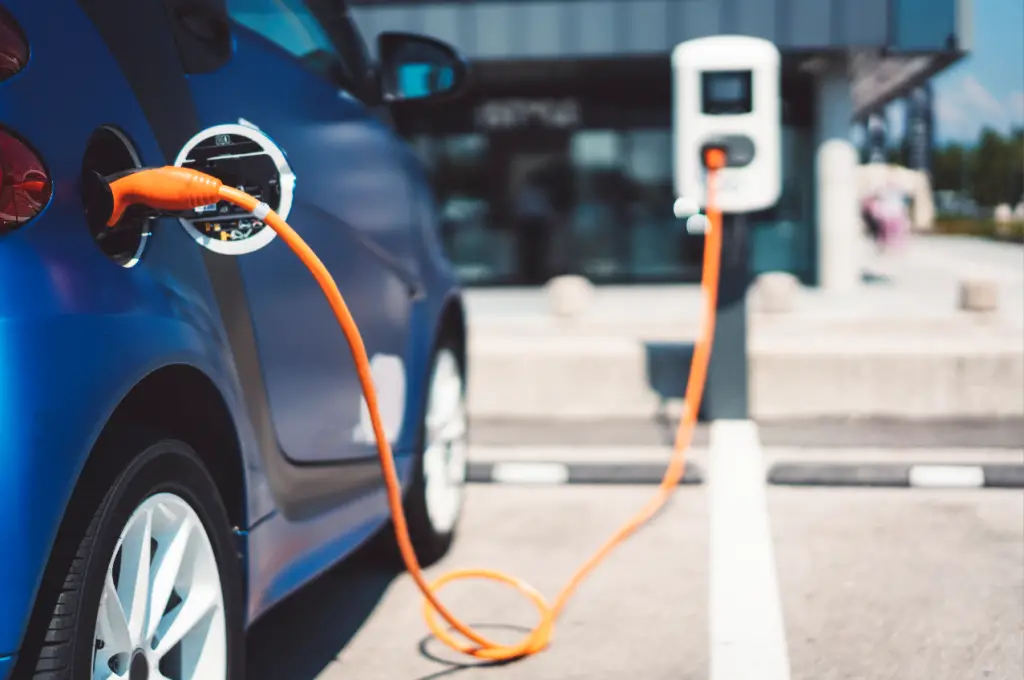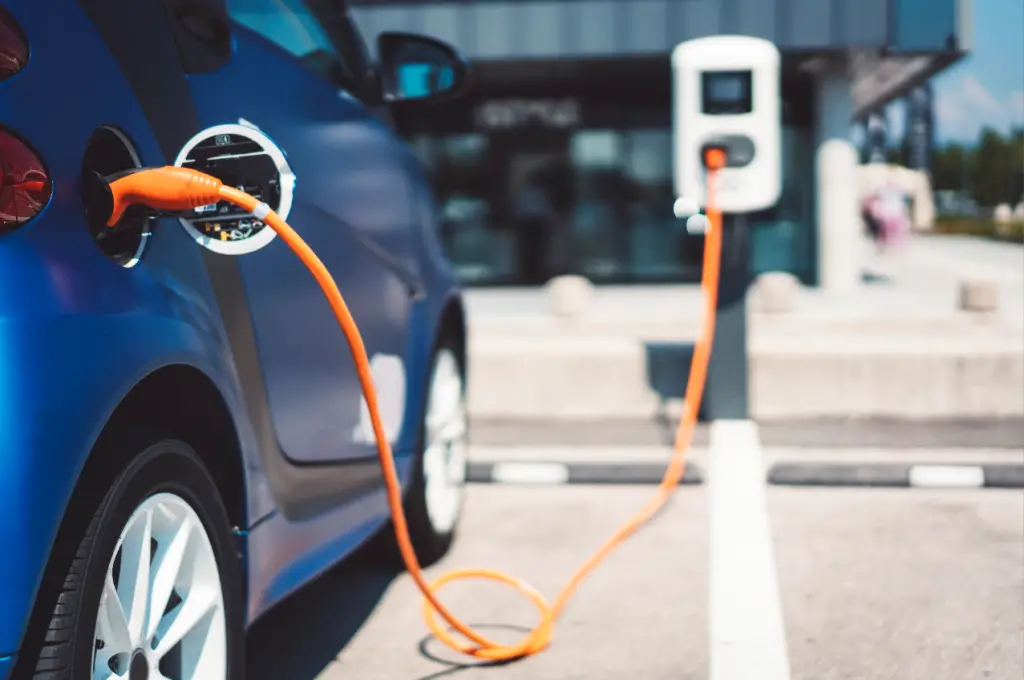Current issues and possible solutions surrounding EV batteries.
Lithium-ion batteries consist of cobalt which is now a very expensive material. As a result of this Tesla announce in September 2020, they intend to produce EV batteries that are cobalt-free cathodes


Lithium-ion batteries consist of cobalt which is now a very expensive material. As a result of this Tesla announce in September 2020, they intend to produce EV batteries that are cobalt-free cathodes to ensure the company manufactures commercial vehicles at a competitive price.
The competitive prices will see many consumers switch to electric vehicles. However, cheaper cell chemical becomes a problem as more energy is expended in extracting metals from batteries is greater than those recovered during recycling, meaning that their initial value does not always cover these processing costs.
Recycling is cost-efficient when the material is expensive than the cost that will be used to recover. As pressure for growth in EV continues battery manufacturers have diverse another way of the cells and battery pack design with the interest of recyclability and waste stream management.
Society of Automotive Engineers (SAE) is setting standards for labeling lithium-ion batteries in the hope that it can help the standardization of battery recycling to ensure it becomes feasible. Another Organization involved in recycling is the Faraday Institution (FI), which is a recycling battery as well. These projects were set up to enable recognition of the conditions necessary for the sustainable management of EVs.
Recycling battery encounters several challenges such as safety, cost, and sustainable recycling of lithium-ion batteries. Lawmakers are working to have a good way of recycling that is friendly to the environment.
Despite cobalt being expensive to mine, the value is returned when you buy an EV because it cost less to run an electric car as a result of few times of going to the garage to service it among many benefits. The demand for Electric vehicles grows therefore there is a need for companies to provide recycling the batteries. Often, the cost of recycling is greater than the actual lithium retrieved. Automotive invent ways to reuse batteries for home or industrial because the cells still have life.
Electric transport is a sustainable form of transportation, the cars produce low negative environmental impact. Currently, there are no regulations set aside for recycling lithium-ion batteries, however, manufacturers should come up with them. Manufacturers equally have a role to play where they can assemble the battery cells, this can help to sort out the demand for battery recycling. Recycling Electric Vehicles battery is important as the demand for EV grows




